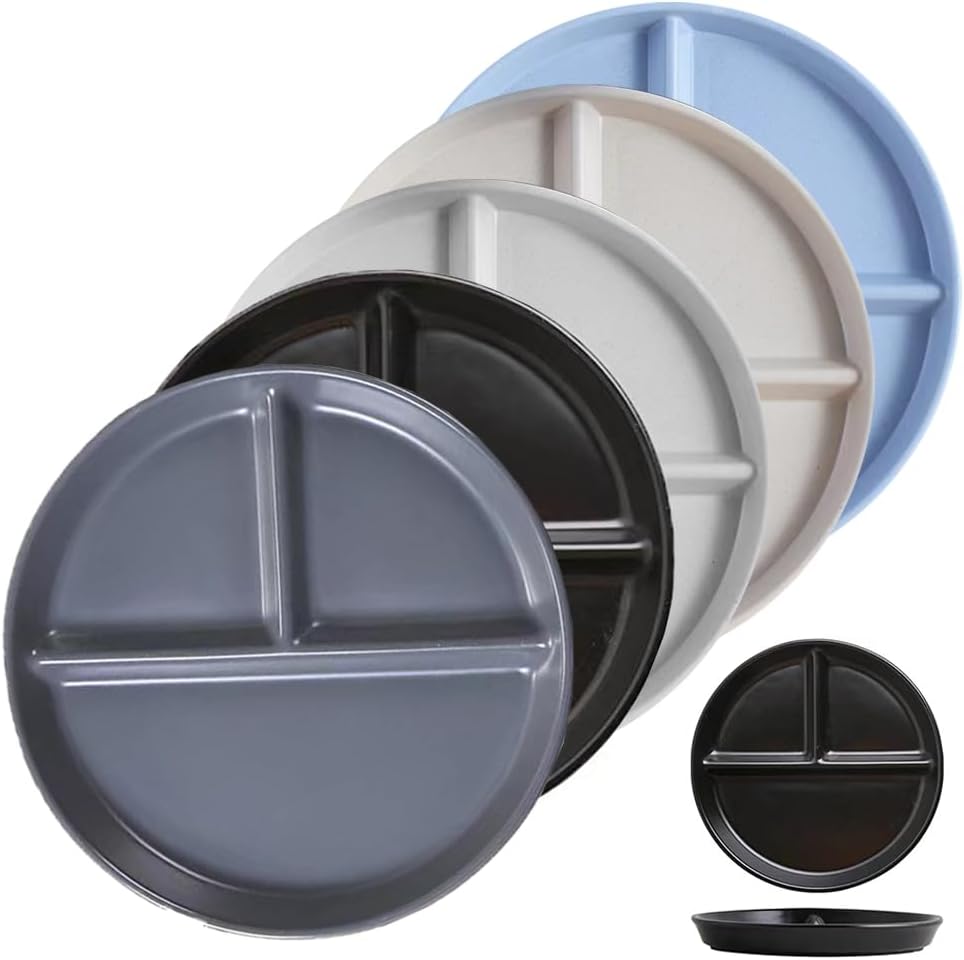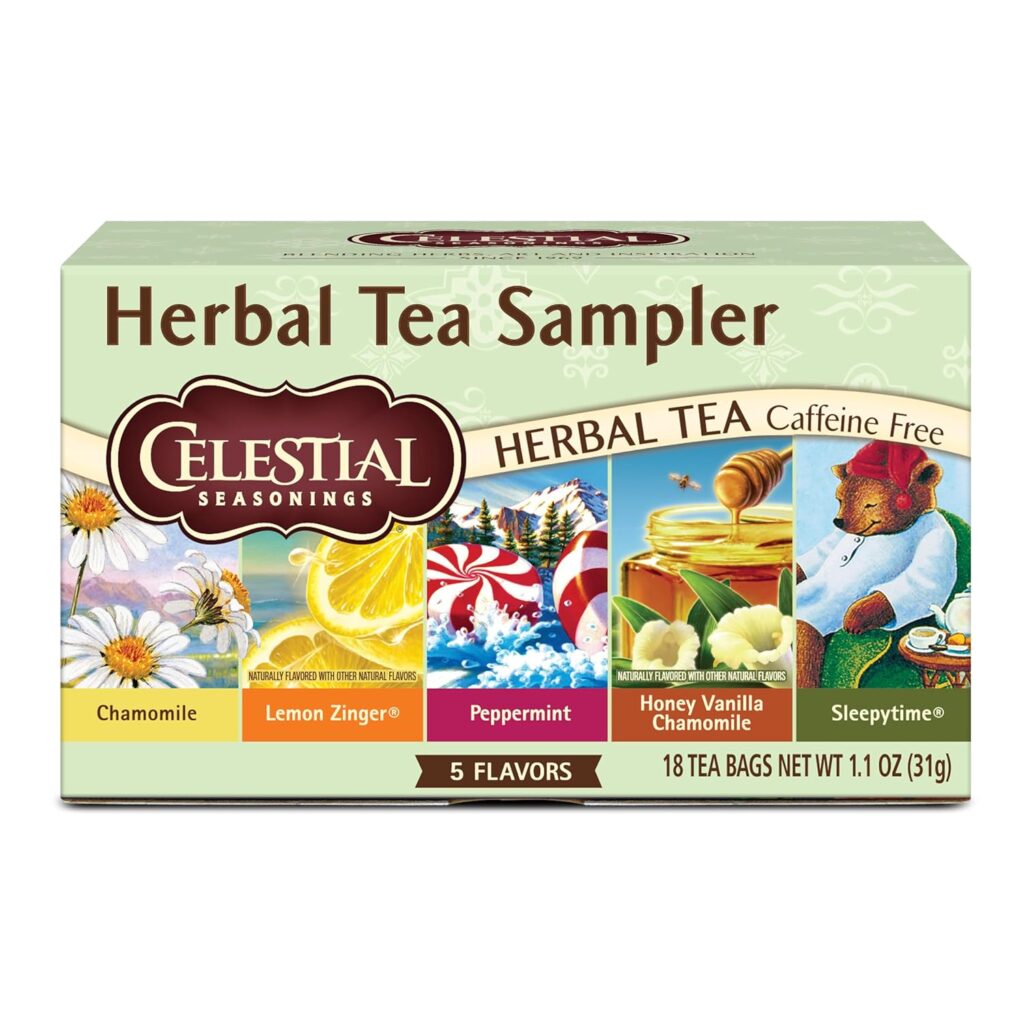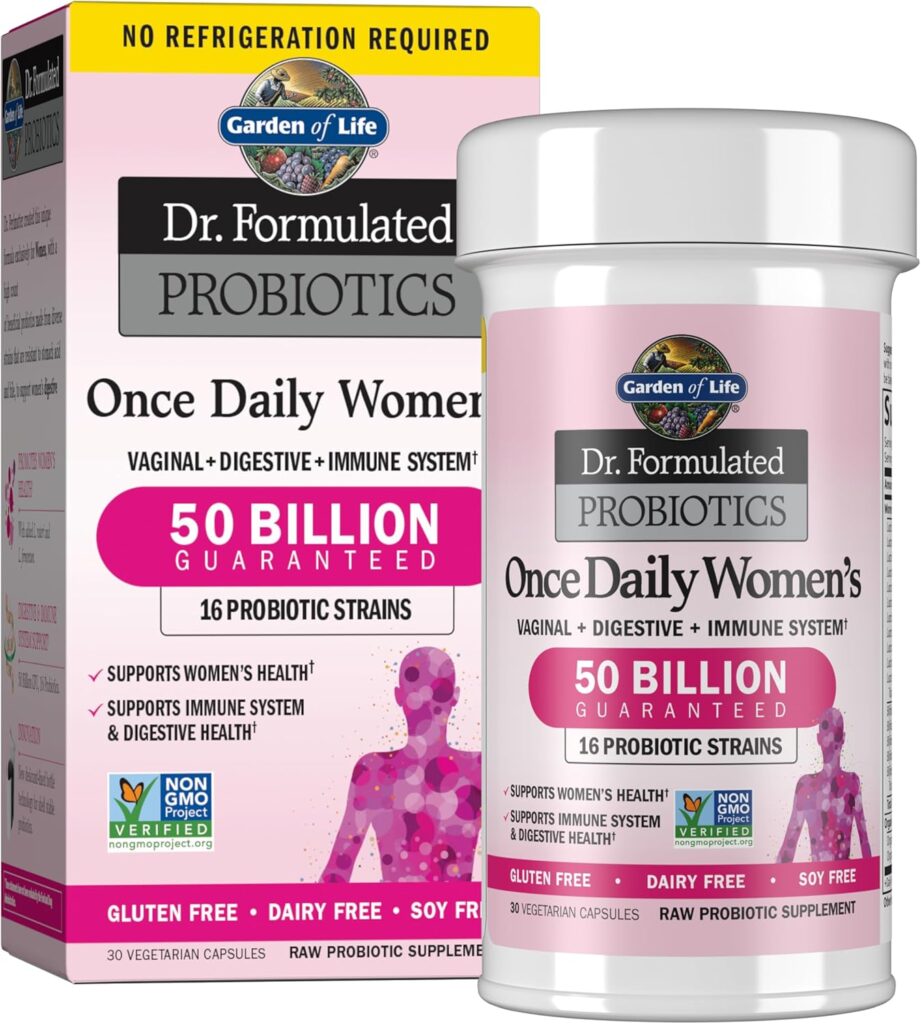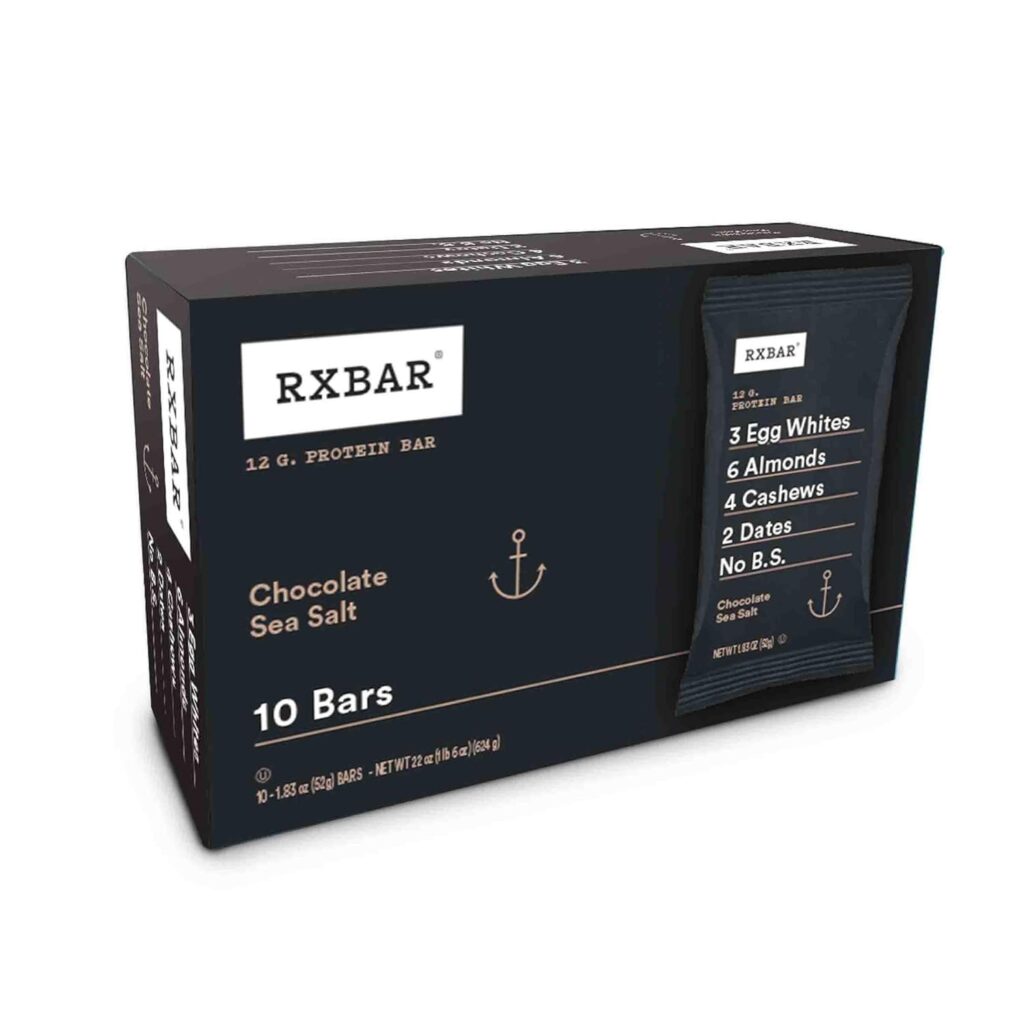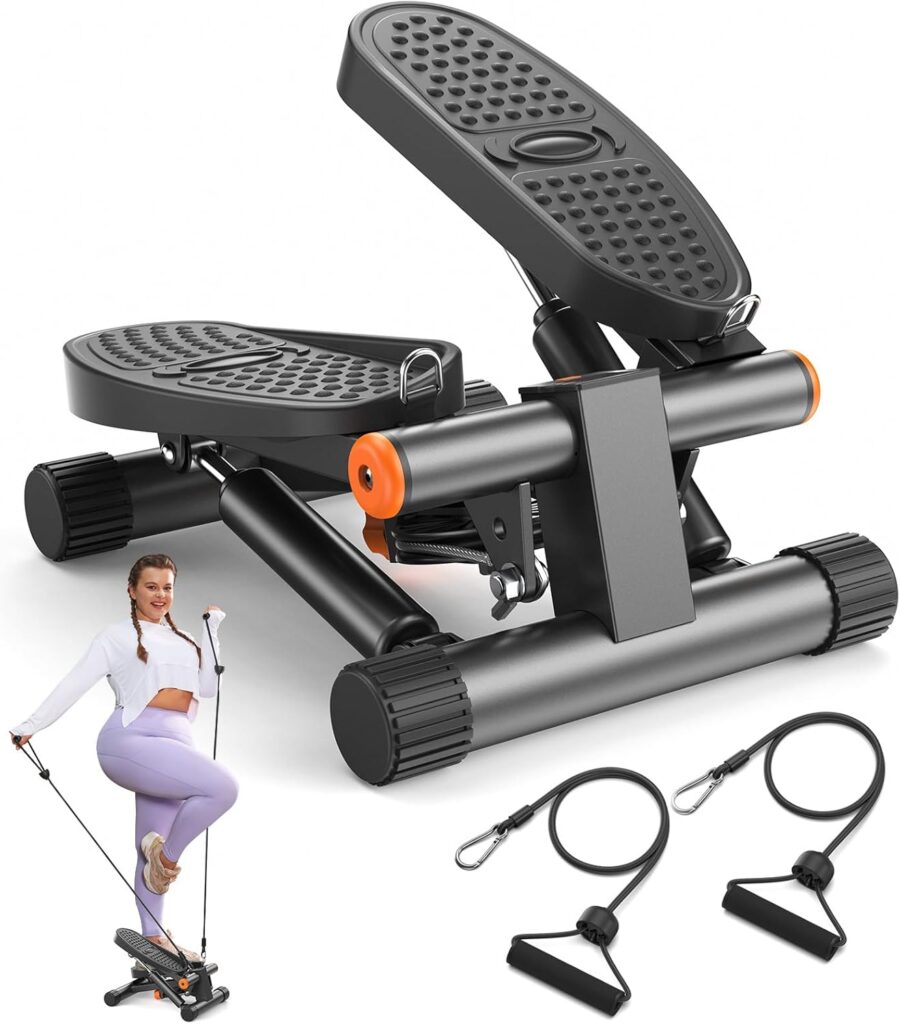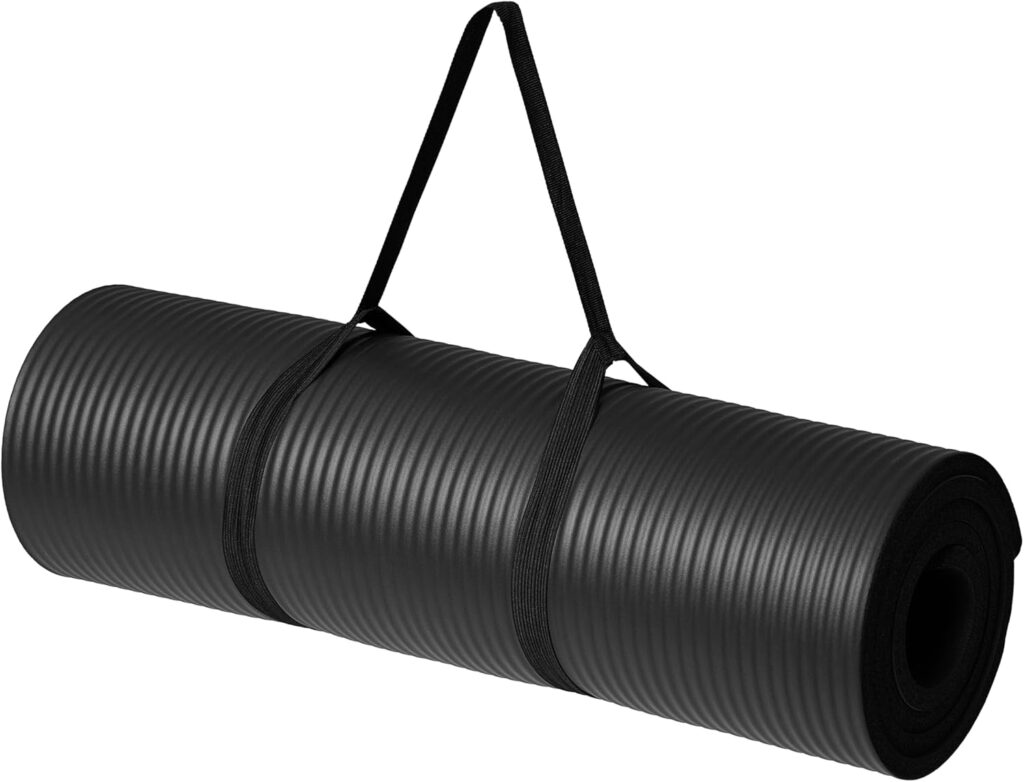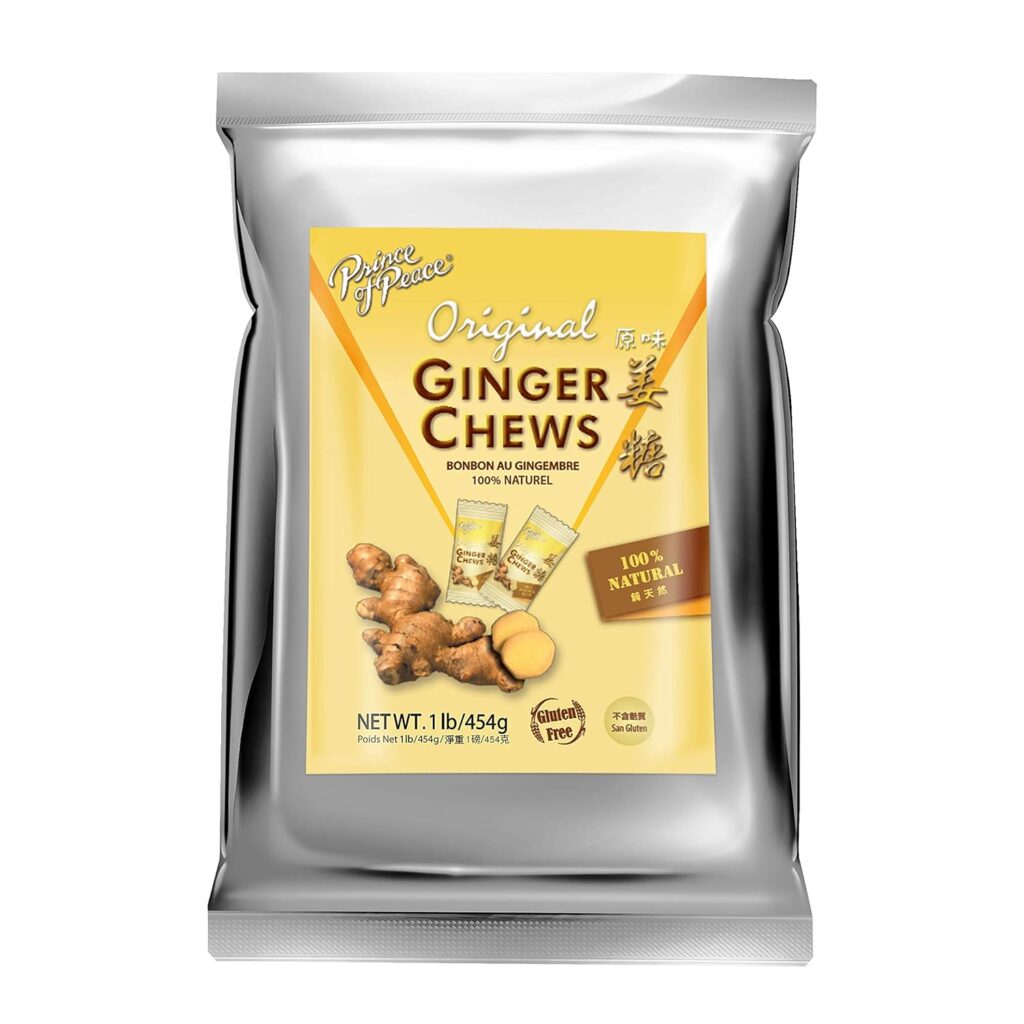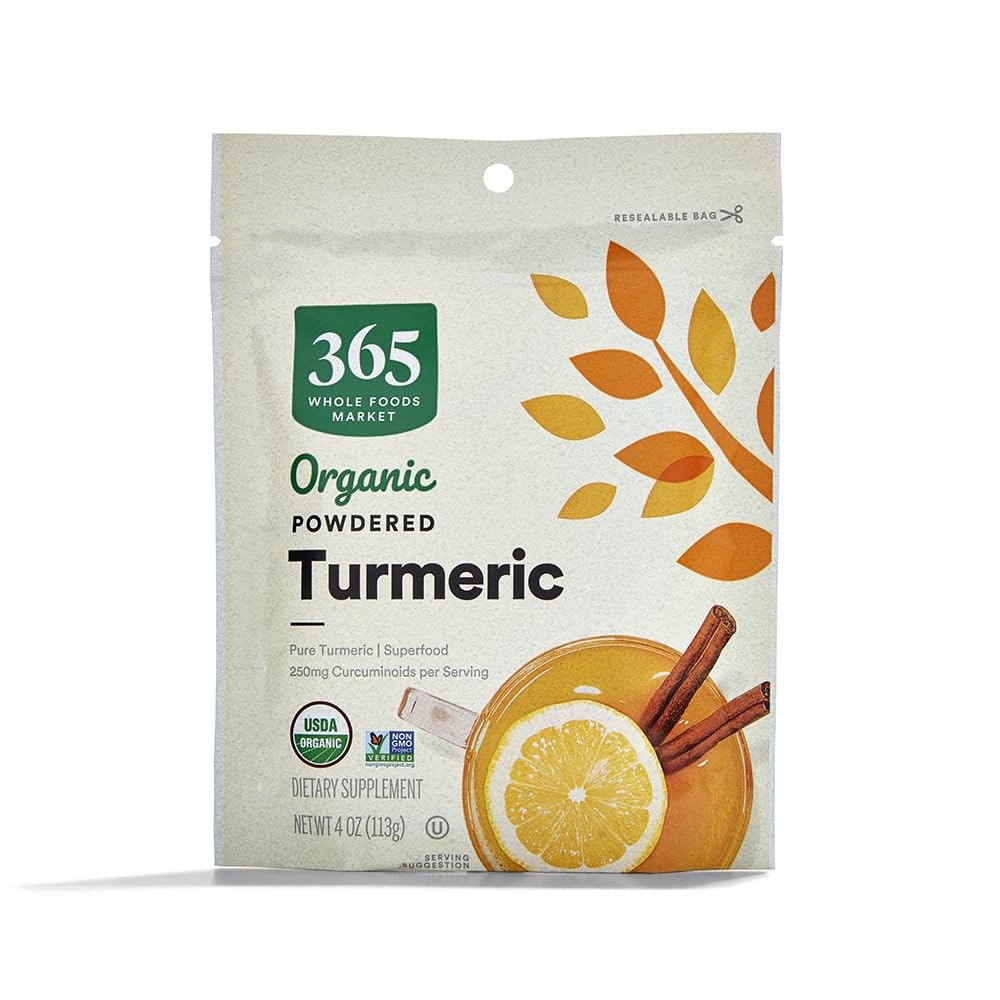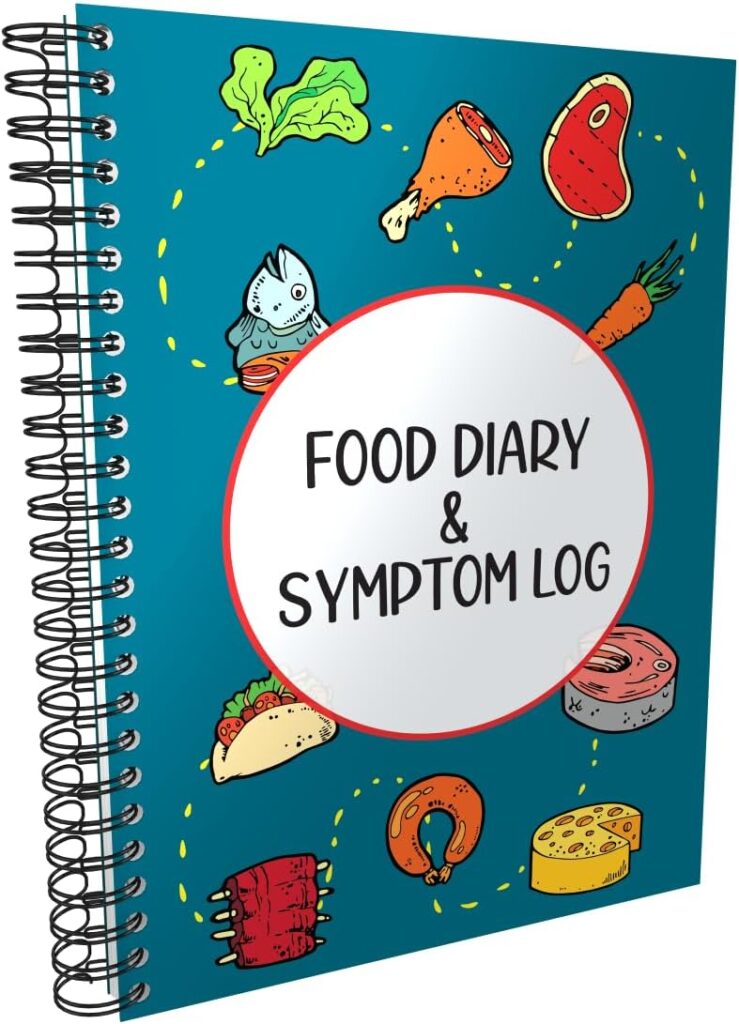If you’ve ever tried to stick to a new diet, you’re probably familiar with that frustrating, uncomfortable feeling of bloating. Trust me, I’ve been there. I’ve gone from feeling great about my food choices one moment to struggling to zip my jeans the next. Bloating is an unfortunate side effect that can make even the healthiest eating habits feel like a battle. Today, I want to share some tips on how to reduce bloating while dieting—tips that have worked for me personally and made my diet journey a whole lot more comfortable.
My Journey with Dieting and Bloating
I’ve experimented with a lot of different eating plans over the years—from low-carb diets to plant-based eating to high-protein regimens. While each diet had its own unique benefits, one thing that persisted was the bloat. I’d look in the mirror at the end of the day and feel puffy, even if I was eating healthily. Eventually, I realized that tackling the bloating problem head-on was just as important as tracking calories or macros. Bloating was stealing my sense of progress and confidence.
Here are some things I learned along the way that helped me reduce bloating, and I hope these strategies can be helpful to you as well.
1. Understand the Common Triggers
The first step to reducing bloating while dieting is to understand what could be causing it. In my case, I discovered that certain foods, though otherwise nutritious, were hard for my body to digest. High-fiber foods, like broccoli and beans, were a major culprit. Now, fiber is great for you, but when your body isn’t used to processing large amounts, it can lead to excessive gas and bloating.
A few common triggers include:
- Cruciferous Vegetables: Foods like broccoli, cauliflower, and Brussels sprouts can cause gas.
- Beans and Lentils: Rich in fiber and protein, but notorious for causing digestive discomfort.
- Dairy: If you’re lactose intolerant, milk, cheese, and yogurt could contribute to bloating.
- Carbonated Drinks: Even sparkling water can add extra air to your digestive system.
Understanding these triggers made a big difference for me. I didn’t have to eliminate them, but I started introducing them in smaller portions until my body got used to them.
2. Eat Slowly and Chew Thoroughly
I was always someone who ate quickly, especially when I was hungry after a workout. It turns out that eating too fast means you swallow a lot of air along with your food, which can contribute to bloating. I started practicing mindful eating—slowing down and really chewing each bite. Not only did this help with bloating, but I also found myself feeling more satisfied after meals.
One product that really helped me with this was the Portion Control Plates I found on Amazon. They’re divided into sections, which helped me slow down and eat the right portions. Plus, they made me more conscious of my eating speed.
3. Stay Hydrated (but Watch Out for Excess Water at Meals)
I learned that staying hydrated is crucial for reducing bloating. Water helps keep everything moving through your digestive system, and it’s great for reducing water retention, which can be a big factor in bloating. However, I also found that drinking a lot of water during meals could actually make me feel more bloated. Now, I try to drink water consistently throughout the day but limit it during meals to sips.
For keeping hydrated on the go, I’ve been using a Hydro Flask Water Bottle from Amazon. It keeps my water cold all day, which makes staying hydrated more enjoyable.
4. Incorporate Herbal Teas
One of the most soothing remedies I discovered for bloating was herbal tea. Peppermint and ginger tea became my best friends. Peppermint helps to relax the muscles in the gastrointestinal tract, while ginger helps speed up digestion and reduce gas.
I got myself a Variety Pack of Herbal Teas from Amazon, and I keep a few tea bags in my bag at all times. When I start feeling uncomfortable, a warm cup of peppermint tea usually does the trick.
5. Probiotics and Gut Health
I heard a lot about gut health over the years, but it wasn’t until I started taking probiotics that I truly understood the hype. Probiotics are the good bacteria that help balance your gut and promote smooth digestion. After a few weeks of incorporating probiotics into my diet, I noticed a significant reduction in bloating.
You can get probiotics naturally from fermented foods like yogurt, kefir, and sauerkraut, but I also took a probiotic supplement from Amazon for convenience. If you go this route, look for one with multiple strains of bacteria to ensure it’s effective. The Garden of Life Probiotic Supplement worked well for me and helped regulate my digestion.
6. Avoid Sugar Alcohols
When I first started dieting, I thought sugar-free products were my saving grace—until I realized that sugar alcohols were causing intense bloating. These low-calorie sweeteners, found in many protein bars and sugar-free candies, can be tough for the gut to break down.
If you’re eating protein bars, I recommend checking the label for ingredients like sorbitol, xylitol, or erythritol. I started opting for bars without sugar alcohols, and it made a significant difference. One of my go-to options is the RXBAR available on Amazon, which doesn’t contain sugar alcohols and is much gentler on my stomach.
7. Exercise—But Not Right After Eating
Exercise can do wonders for reducing bloating. Even something as simple as a brisk walk after a meal can help reduce gas and move things through your digestive system. That said, I learned the hard way that intense exercise right after eating can actually make bloating worse. Crunches or core exercises can cause discomfort if you’re already feeling full.
For me, gentle post-meal movement worked best. I even bought a Mini Stepper Machine from Amazon, which I keep in my living room. It’s easy to hop on for 10-15 minutes after a meal to get my digestion going without causing discomfort.
8. Manage Stress Levels
I never realized how much stress could impact my digestion until I paid attention to it. When I’m stressed, I tend to clench my stomach muscles, and my digestion slows down—both of which contribute to bloating. I started incorporating stress-relief activities, like yoga and deep breathing exercises, which have made a world of difference in my overall comfort.
I found a great yoga mat on Amazon that I use for my daily stretches. Just 10-15 minutes of gentle stretching or yoga each day helped me relax and let go of tension, which ultimately improved my digestion and reduced bloating.
9. Consider Digestive Enzymes
Digestive enzymes were a game-changer for me, especially when I knew I’d be eating foods that I typically found difficult to digest. Digestive enzyme supplements help break down food more efficiently, reducing the chance of gas and bloating.
I tried Zenwise Digestive Enzymes from Amazon, and they’ve been particularly helpful when I’m eating out or enjoying a bigger meal. I take them just before eating, and they make a noticeable difference in how I feel afterward.
10. Avoid Chewing Gum
This one surprised me. I used to chew gum all the time, especially when I was trying to stave off cravings. But chewing gum causes you to swallow a lot of air, which contributes to bloating. When I gave up the habit, I noticed a big difference.
Instead of gum, I started sucking on Ginger Chews from Amazon. They not only helped with my sweet cravings but also had the added bonus of soothing my stomach and reducing any bloating I felt coming on.
11. Eat Anti-Inflammatory Foods
Inflammation can be another culprit for bloating. I started incorporating anti-inflammatory foods like turmeric, ginger, and pineapple into my diet. Pineapple contains bromelain, an enzyme that helps break down protein and aids digestion, while turmeric and ginger are known for their anti-inflammatory properties.
I bought Organic Turmeric Powder from Amazon and began adding it to my smoothies or making golden milk. It’s an easy way to get the benefits of turmeric without much effort.
12. Track Your Food
I know that tracking food isn’t everyone’s favorite task, but when it comes to identifying what’s causing bloating, it’s incredibly helpful. I used a simple notebook to track what I ate and how I felt afterward. After a few weeks, it was easy to see patterns—like how eating dairy consistently led to discomfort.
Nowadays, I use a food journal I found on Amazon, which helps me stay organized. Tracking my meals made it so much easier to pinpoint which foods were causing me trouble and adjust my diet accordingly.
13. Stay Consistent
One of the most important lessons I’ve learned is that consistency is key. Changing your diet or introducing new habits can take time for your body to adjust. When I first started incorporating more fiber or adding probiotics, I felt worse before I felt better. But after sticking with it, my body adapted, and I started feeling great.
If you’re making changes to reduce bloating, give your body time to adjust. Stick with one or two changes at a time and allow your system to get used to them before introducing something new.
Final Thoughts
Bloating can make dieting feel like an uphill battle, but it doesn’t have to be that way. With some small tweaks—like understanding food triggers, eating slowly, staying hydrated, and adding digestive aids—you can make a big difference in how you feel. Remember, each body is unique, and what works for me might need a bit of adjustment to work for you. Listen to your body, be patient, and don’t be afraid to experiment to find what gives you the most comfort.
I hope these tips help you as much as they’ve helped me. If you’re struggling with bloating while dieting, I encourage you to try out some of these strategies and see what works best for you. Remember, reducing bloating isn’t about perfection—it’s about finding balance and comfort so you can feel your best on your journey to health.
*This post may contain affiliate links, which means I may earn a commission at no additional cost to you if you make a purchase through these links. As an affiliate, I only recommend products or services I trust and believe will add value to you. Thank you for supporting my blog!*
